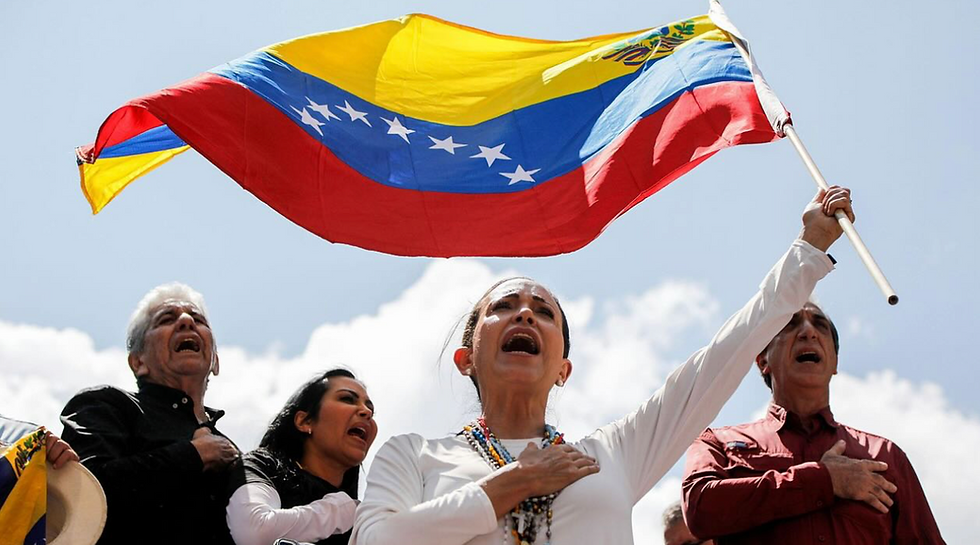COP26: WHAT TO EXPECT?
- Oct 25, 2021
- 2 min read
With the countdown approaching for the COP26 climate conference, held in Glasgow this year, and after UK Prime Minister Boris Johnson’s promising declaration that this year’s Conference of Parties will be “the turning point for humanity” at the UN General Assembly this September, many have been left wondering what exactly to look out for at this United Nations’ annual climate summit.
Who’s attending?
The climate gathering will bring together heads of state, campaigners and climate experts in order to agree on proposals that need to be put in place in order to tackle the crisis threatening to launch mankind into an unrecognisable existence. Controversy has been sparked, as the event is expected to bring in between 20,000 and 25,000 attendees, a figure which many consider too large for proper consideration of all stakeholders, and a likely source of unnecessary dispute.
What are nationally determined contributions and why are they important?
Six years ago, the Paris agreement was produced during the COP21, which, apart from binding signatories to a pledge to keep global warming below 2ºC (above pre-industrial levels), led to the formation of nationally determined contributions (NDCs). These agreements serve to outline climate actions and targets for reducing greenhouse gas emissions, as well as policies and measures which local governments aim to implement. The drawback though? That all countries must submit their updated NDCs before COP26 starts, but, as of mid October, many have not. Failure to do so may mean that the conference is taken up by conflicts and debates between countries, and criticisms of nations’ lack of commitment.
Who is going to fund climate change policy?
Another likely matter of discussion is who is responsible for funding mitigation and adaptation strategies to climate change in developing countries. Richer and more developed countries have continually agreed to provide $100 billion a year by 2020 in order to help poorer countries cope with the worsening impacts of global warming and temperature change. This has not been the case. On top of this, a significant number of nationally determined contributions (NDCs) rely on the extensive pecuniary support from the richer countries, which, so far, have failed to pay up.
Is there any hope?
In an age of self-interest, all 197 member countries will be forced to put aside their interests and join forces at the COP26, in order to address the largest anthropogenic threat that our world has experienced. Despite prognosis not seeming promising so far from a fundamentally realist perspective, only time will tell.
Claudia M, Year 13
Image: COP26: Wikipedia





Comments